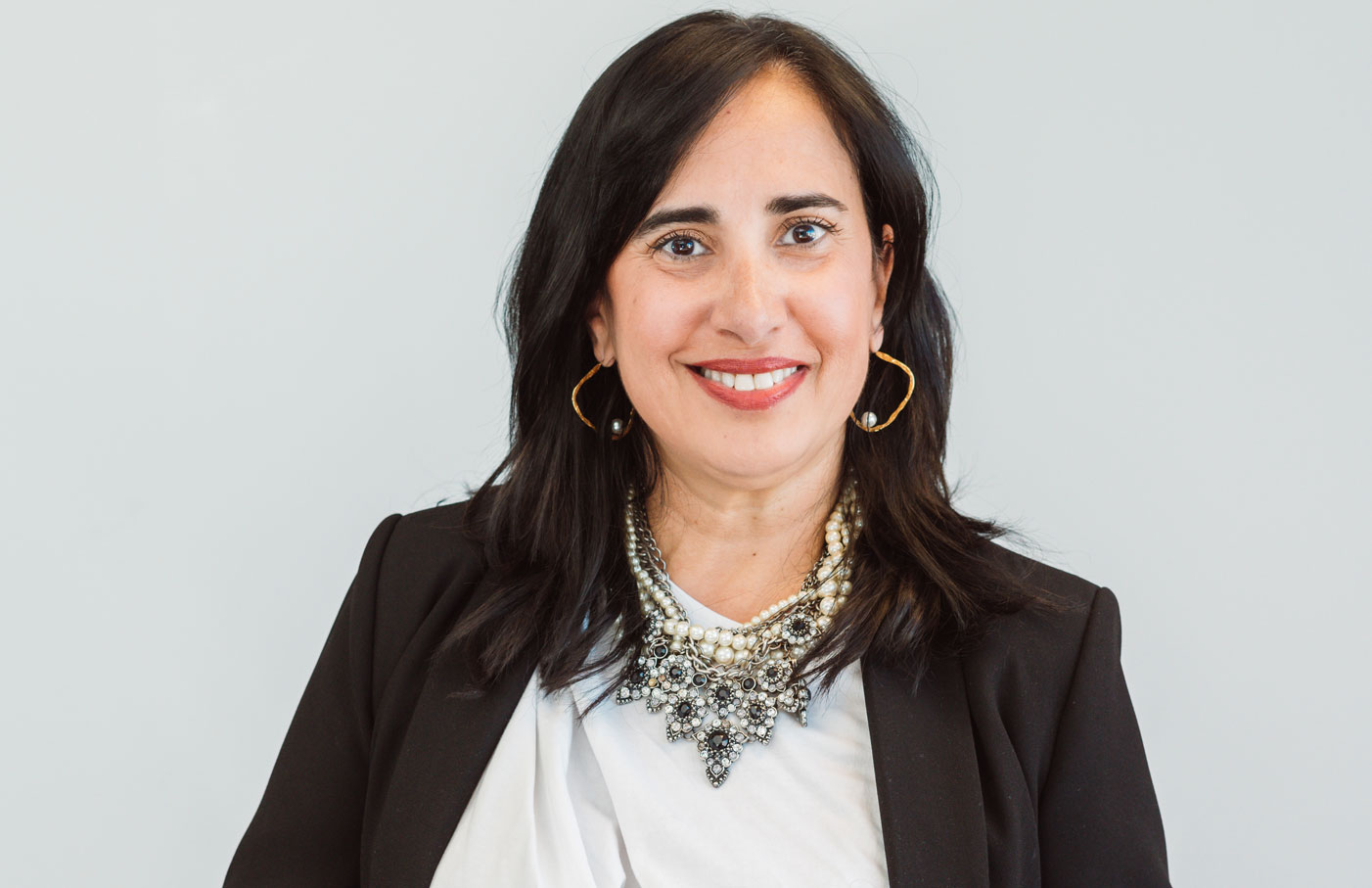New Nationality Platform of the Registry Office: solution or just another promise?

By João Roseira*, lawyer at Martins Castro
With the launch of the new Nationality Platform by the Institute of Registries and Notaries (IRN) in early October 2024, a new perspective has emerged for those waiting for their Portuguese nationality process to be completed. The expectation is that the modernization will bring greater agility and efficiency to the processing of applications, especially in a context of growing demand at registry offices. But will the new platform solve all the problems that have been causing delays in the analysis of applications?
The answer is not simple, as there is a combination of factors that explain why many nationality processes have taken up to four years to be completed. One of the main reasons is the significant number of processes submitted. In 2021, there were around 195,000 nationality applications, while in 2022 this number jumped to approximately 250,000. Between January and April 2024, 63,059 applications were registered. This sharp increase was driven by changes in the Nationality Law, such as greater flexibility for obtaining nationality by grandchildren of Portuguese immigrants and the fear of the loss of the right to nationality for Sephardic descendants.
Although the increase in requests has generated substantial revenue for the State through the payment of fees, there has not been an adequate increase in the number of registrars and staff in the registry offices to cope with the growing demand. The lack of human resources can be attributed to poor public management and inadequate planning, as the government had sufficient time and data to anticipate this situation, but failed to equip the registry offices to meet the workload.
In recent years, some attempts have been made to modernize the system, such as the introduction of online application submission, restricted to lawyers registered in Portugal. This measure was intended to ensure greater legal certainty and efficiency, since lawyers are familiar with the legal system and can avoid delays by correctly submitting the necessary documentation. However, this tool, which could ease the burden on registry offices, is not yet accessible to all citizens.
With the recent introduction of the new Nationality Platform, the IRN aims not only to facilitate the submission of applications, but also to automate several steps of the process. One example of this is the use of artificial intelligence to extract data from submitted documents and even generate birth certificates. However, as with all innovation, there are still challenges to overcome, such as frequent errors in applicants’ names, which generate requests for rectification and possible additional delays.
The new platform also aims to integrate communication between the IRN and other entities involved in the nationality process, such as AIMA and the security forces, further streamlining the exchange of information needed to complete the processes. This could represent a significant step forward, especially considering that bureaucracy and the lack of integration between systems were constant sources of frustration for applicants.
As for the future, the combination of technological advances, such as artificial intelligence, and the strengthening of human resources will be essential for nationality processes to become faster and more efficient. Martins Castro is closely monitoring this transition to assess whether there will, in fact, be improvements in the speed of analysis of processes.
Despite the current difficulties, the right to Portuguese nationality remains an incomparable benefit, offering access to all the advantages of being a citizen of a European Union country. For many, the wait is still worth it, as Portuguese nationality opens doors not only in the present, but also for future generations. For those seeking this recognition, the Portuguese nationality process remains a valuable opportunity to build a legacy.
*João Roseira is a lawyer with a degree from the Lusíada University of Lisbon and qualified by the Portuguese Bar Association (CP 46133).

"Because of a controversy, they are changing a historical reparation," says Isabel Comte.
The proposed changes to the Nationality Law in Portugal remain at the center of public debate, even after the decision […]

"The Constitutional Court gave time, it didn't change the law," says a lawyer from Martins Castro.
The recent decision by the Portuguese Constitutional Court, which blocked key parts of the government's proposal to tighten access […]

Nationality for minor children: why is the process usually simpler?
Among the various pathways provided for in the Portuguese Nationality Law, transmission to minor children is usually perceived as a […]